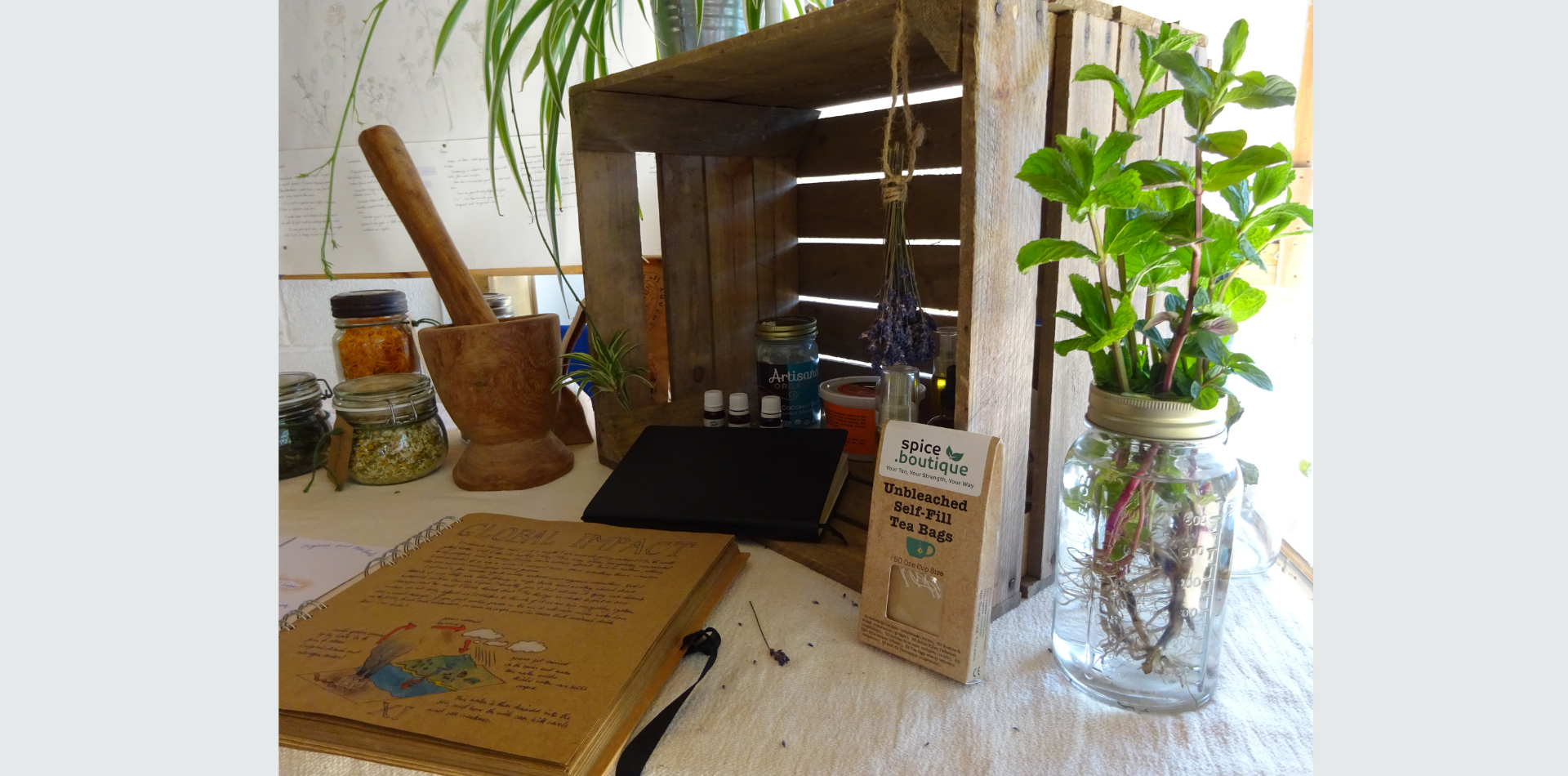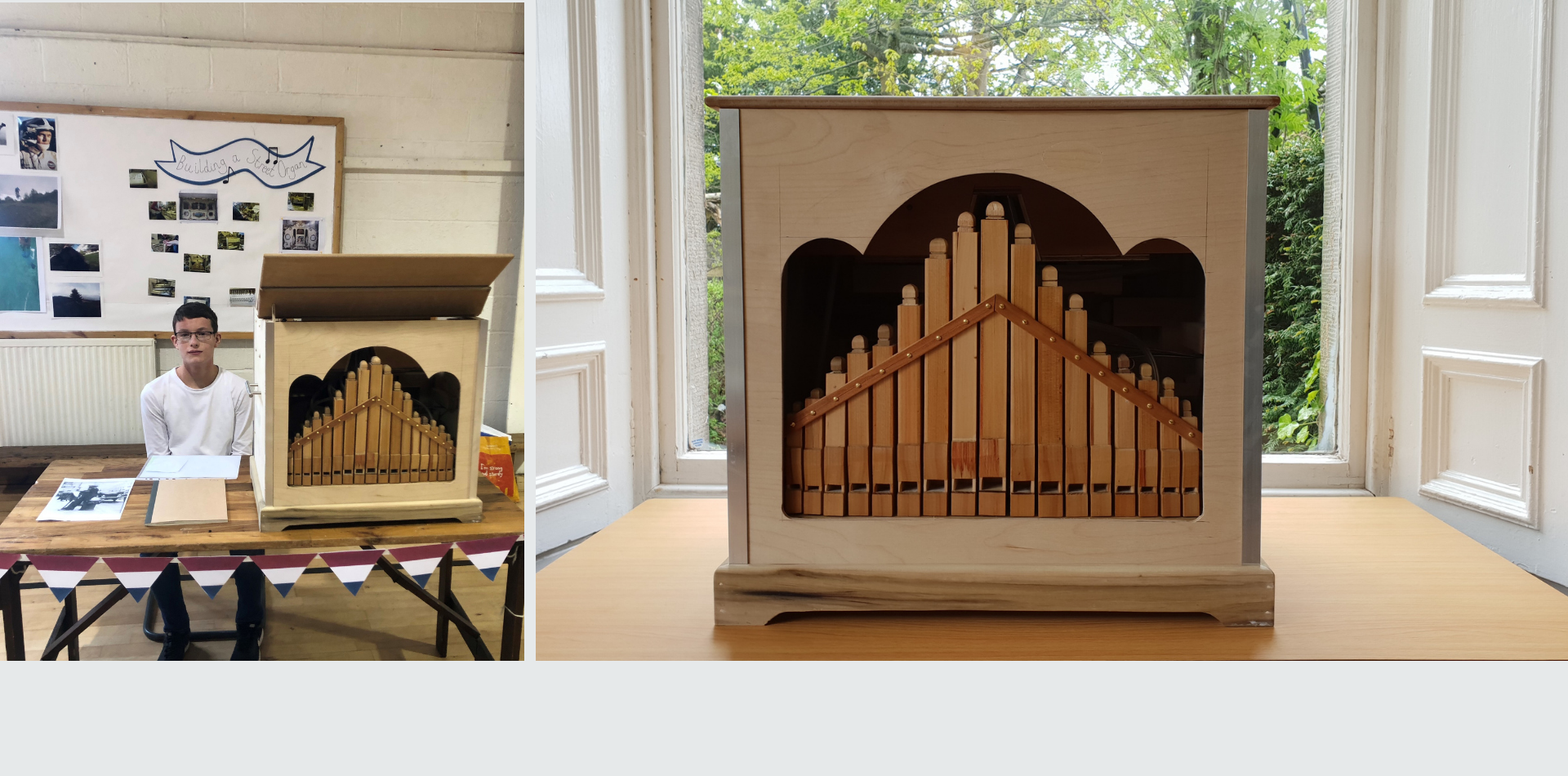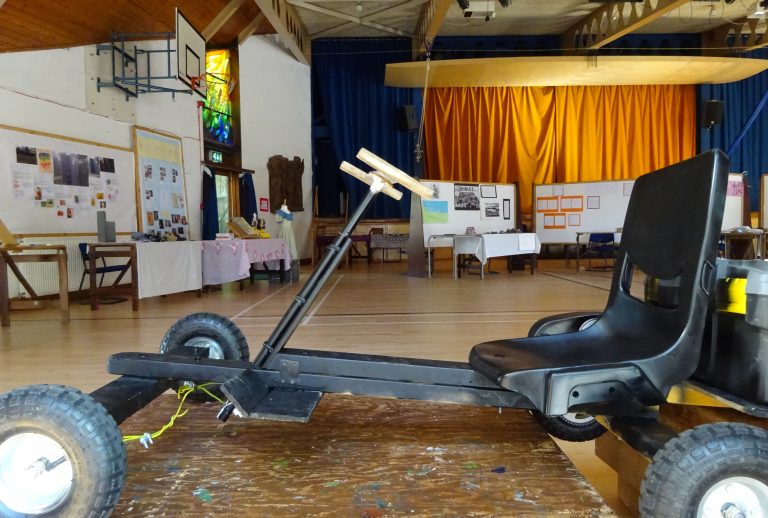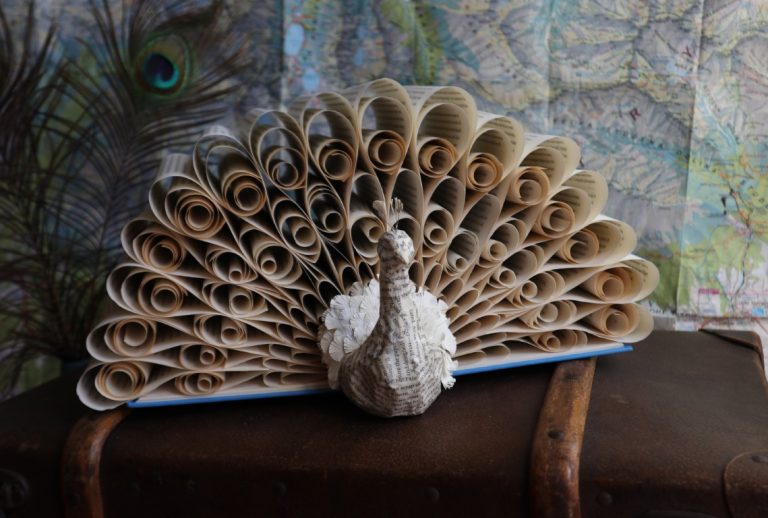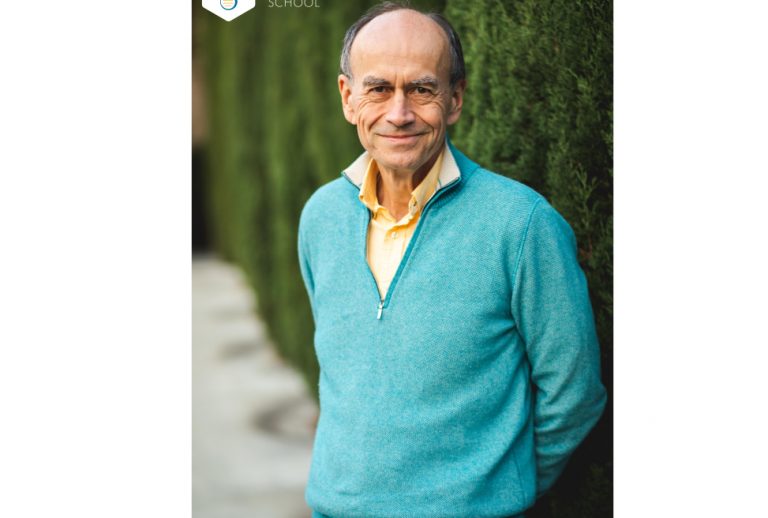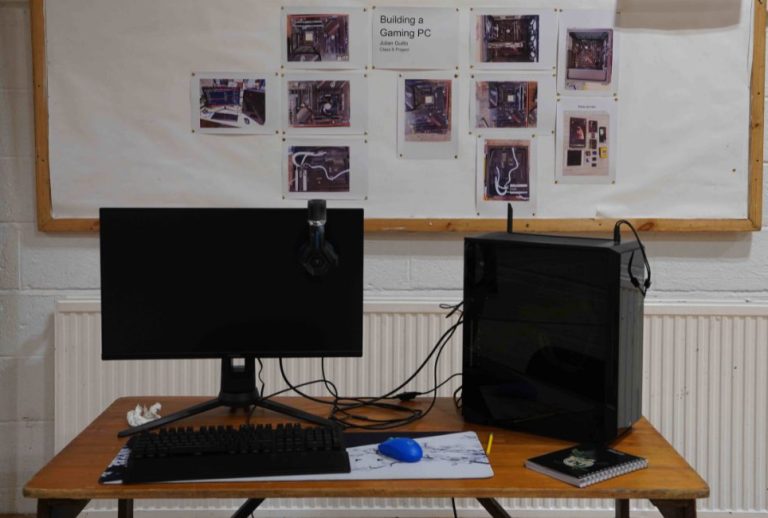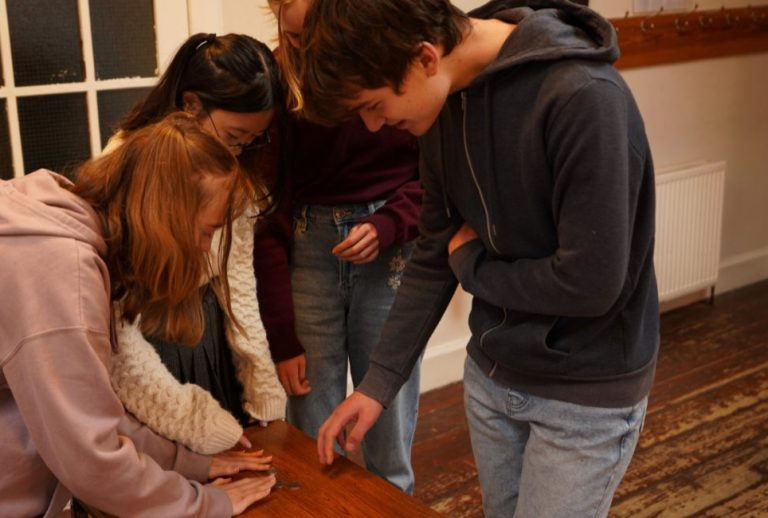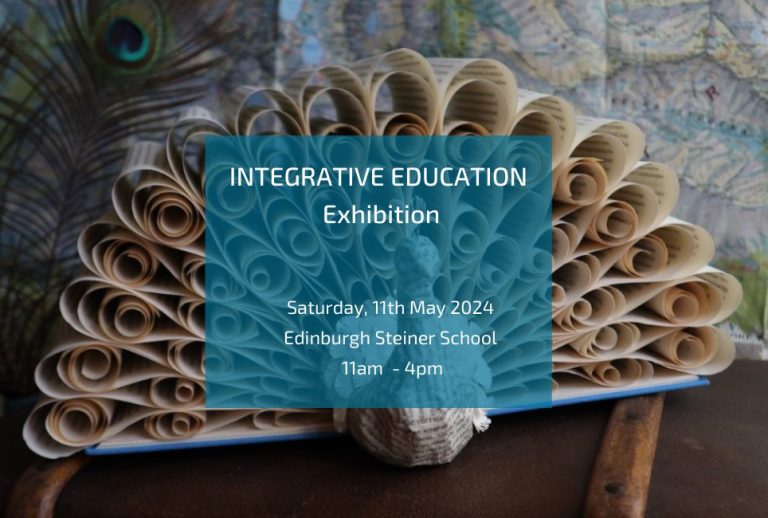Certificate in Integrative Education (CIE)
The suite of Integrated Education qualifications are derived from the international Acknowledging Creative Thinking Skills (ACTS) Project: a team of educators, especially Steiner Waldorf teachers, from around Europe and world who recognise that assessment by exams does not necessarily give an accurate or complete picture of students’ achievements and abilities.

Nobel Leaureate in Neuroscience, biochemist, and Waldorf graduate, Thomas C. Südhof, was Patron of the ACTS Project.
Each module of this qualification is recognised by UCAS as equivalent to one National 5 / GCSE. (IE Prinicples).
Module One: Independent Project
The Independent Project module is modeled on the traditional Class 8 Projects, which are part of the Steiner Waldorf curriculum in many schools in the UK and worldwide, including Edinburgh Steiner School since 1996. Pupils are awarded the Integrative Education Award.
The criteria for a successful applicant are the same as those for an excellent Class 8 project. Hence extra work should not be required of the pupil – just more rigour in submitting enough evidence of the process.
It is not only the final project which is important, but the thinking and doing process that leads to the result, and all this needs to be evidenced. Hence it is crucial that anyone considering joining the pilot take their journal very seriously and make regular reflective entries which will serve as evidence. Also it is crucial that they meet their mentor regularly and collect evidence in other ways: photos, videos, sketches, drawings, reports, conversations, lists and so on.
Module Two: Creative Thinking Skills
The CIE is also a recognition of the value of creative thinking skills – that is, taking skills, knowledge and experience from diverse subjects and settings, and applying them in other contexts and combinations. The second module is Creative Thinking Skills. There are 11 that have been developed by Elaine Holt and articulated through the Erasmus+ funded ACTS project that pupils are credited on (view here).
Module 3: Personal & Social Learning Skills.
This module enables pupils to develop tools with which they can thrive in a learning environment; communicate effectively; nurture empathy and understanding of others; and ensure they are creating and sustaining constructive personal habits that lead to a balanced lifestyle.
In this module the teenagers will learn how to: effectively manage time and effort to produce their best work; develop self-care and wellbeing habits; develop social skills and empathy; become a confident lifelong learner.
Integrative Education Certificate
The Certificate can be done with the projects alone but it is quite possible that evidence from other subjects and lessons will be necessary to complete the second “Creative Thinking Skills” module. This can continue on into Classes 9 – 12.
Its aim is to develop a suite of alternative qualifications that will give pupils the same passport to access further education and work as current national exams.
All Integrative Education qualifications are awarded through Kato Education (formerly Crossfields Institute) and are on the Ofqual register.

